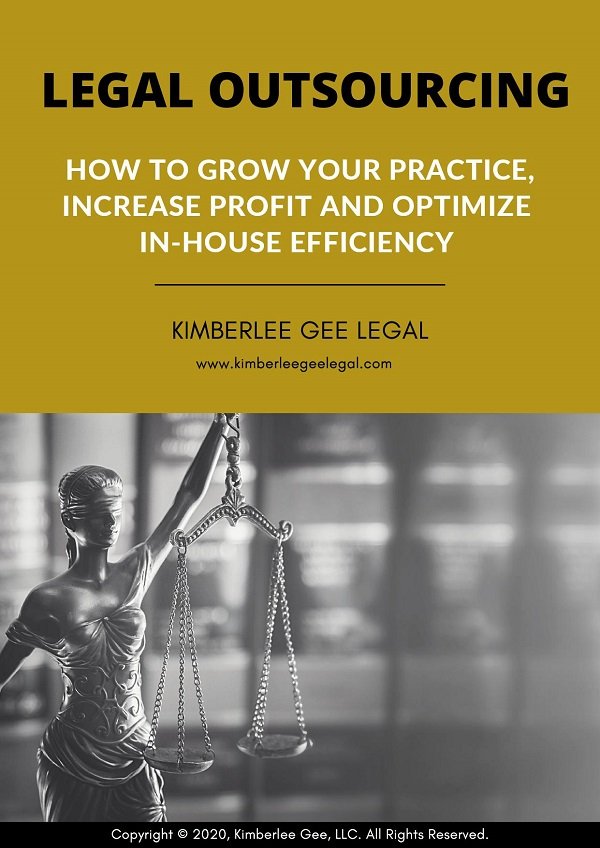Pleadings and Motions
What are Pleadings and Motions?
A pleading is a formal written document that is filed with the courts stating the party’s position on a particular legal matter and giving notice to the Court and the opposing party of the nature of the claims in the case. The most common pleadings filed in court are: complaints, answers to complaints, replies and counterclaims.
A motion is a formal written document that requests the court take a particular civil action against another party or parties. Some of the most common pre-trial motions include Motions to Discover; Motions to Dismiss and Motions for Summary Judgment. Motions can typically be made at any stage of pre-trial or trial proceedings, and even after a trial, but should only be filed when there is strong legal precedent and reasoning for the request being made.
Why are Pleadings and Motions Important?
Pleadings are an integral part of any litigation practice, regardless of the practice area or the underlying subject matter of the civil action being filed. Even pleadings pursuing one single legal issue, these pleading and motions clearly help parties lay out their respective allegations, claims and defenses to present before a judge or jury for resolution. Essentially, pleadings and motions are the foundation of the legal case since the outcome of the case will be dependent on the quality and of the complaint and the motion itself.
Why Hire Legal Consulting for writing Pleadings and Motions?
Hiring a legal consulting company to draft your motions and briefs can help you strategically analyze your case and develop a roadmap for how you would like your case presented to the jury. An effective legal writer will help draft a persuasive pleading or motion that clearly presents the issues of your case, helps frame and present those issues in a way that works to your advantage by persuading the judge how it should decide on the case and why. Parties can also strategically use Motions and Pleadings to attack the opposing party’s legal theories and arguments.

